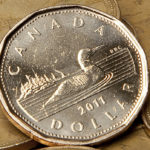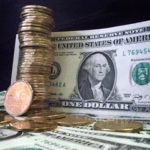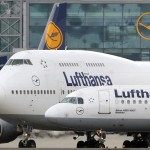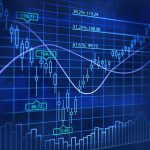The euro erased earlier gains against the US dollar on Tuesday, despite the positive economic sentiment data out of Germany and the Euro zone, as focus was set upon the US retail sales report.
EUR/USD reacted slightly to the series of positive ZEW indicators earlier today, climbing to a session high at 1.3316 at 9:20 GMT for a short amount of time, after which consolidation followed at 1.3296. At 12:03 GMT the pair was trading at 1.3291, dipping 0.07% for the day. Support was likely to be found at August 8th low, 1.3245, while resistance was to be met at August 12th high, 1.3343.
The Zentrum für Europäische Wirtschaftsforschung (ZEW) reported that its index, gauging the economic sentiment in Germany, rose by 5.7 points to 42.0 in August, marking its highest level since March this year. Preliminary estimates pointed an advance to 39.9. The first signs that the prolonged recession in Euro zones largest economies was ending, probably caused major influence upon the above mentioned result. At the same time, increased domestic demand in Germany helped bolstering optimism over countrys economic outlook. Euro zones index of economic sentiment also improved, rising by 11.2 points to a reading of 44.0 in August. Additionally, the ZEW index of current situation in Germany also showed significant improvement in August, rising by 7.7 points to 18.3, way above the expected reading of 12.0. The ZEW current situation indicator in the Euro zone, on the other hand, advanced by the modest 0.6 points, reaching a reading of -74.1 in August.
Additionally, another report said that industrial production in the Euro zone increased at a slower rate than projected in June, outlining concerns over the economic development of the common currency bloc. Industrial production rose by 0.7% in June on a monthly basis, mismatching initial estimates of a 0.9% increase. Mays result was revised up to a 0.2% drop from a 0.3% drop previously. In annual terms, industrial output increased by 0.3% in June in line with projections, after the 1.3% drop during the previous month.
A survey by Bloomberg News showed that euro zones economy probably returned to growth during Q2 for the first time since 2011, marking the end of the longest recessionary period since the establishment of the currency bloc 14 years ago. The Gross Domestic Product of the euro zone probably advanced 0.2% during the three months ending in June, after having shrunk for the past six consecutive quarters. Official data is expected tomorrow.
Meanwhile, the euro was trading lower against the British pound, as EUR/GBP cross erased 0.22% for the day to reach 0.8585 at 12:44 GMT. On the other hand, the euro surged 0.99% against the Japanese yen, with EUR/JPY pair trading at 130.18 at 12:44 GMT.





